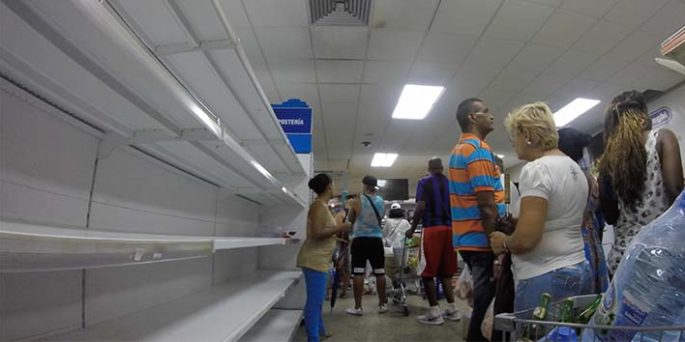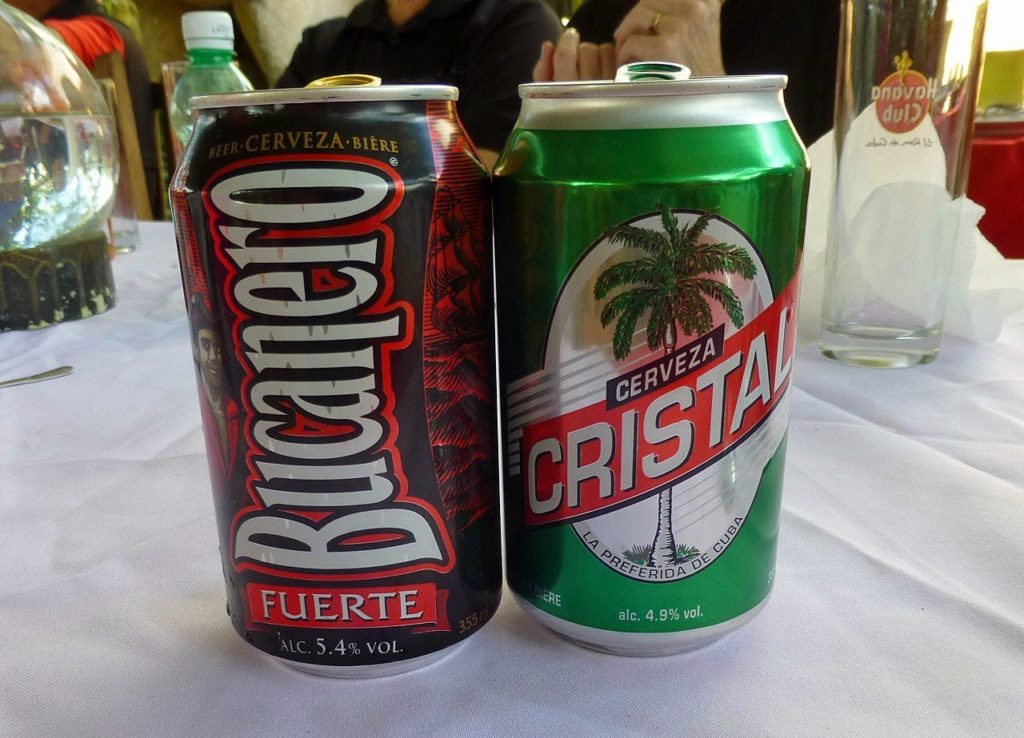
Hoarding and other scenes from reality
HAVANA — Noontime, any day last week. A neighbor tells me that a small market near my home is selling toilet paper. Without thinking twice, I stop what I’m doing and embark on its search, because it has been unavailable for a long time.
I get to the store, a TRD (Hard-currency Store) and look through the shelves. Nothing. I ask the clerk. Her answer is clear and firm: “We ran out of it a while ago.” Frustration.
To compensate, acting as a boy whose gift was changed to lessen his unhappiness because his wish was not fulfilled, I pick up a tablet of KitKat chocolate and head for the cash register.
Surprise: behind the clerk’s seat and in a neat pile I see some 14 packages of toilet paper, four to a package.
“I was told you had run out,” I say and, pointing to the little mountain I add, “Give me two packages.”
“No, they’ve been purchased and someone is coming to pick them up.”
I look at her and my imagination — generally quite accurate — draws up a story that’s confirmed by reality.
When a shipment comes to the store, the employees phone their friends or people who run their own businesses, such as room rentals, cafeterias and restaurants. For the heads-up and for setting the product aside, the clerk gets a commission. And if the product is reserved for the clerk, its destination is certain: the black market, for a higher price.
Scene II: Cristal or Bucanero beer, makes no difference.
A truck arrives at a busy state-run cafeteria in the La Rampa district and later stops at a small shop on Infanta Street, near Saint Lazarus. The scene is the same but in different locations. Only the actors change, not the script.
Using a pushcart, the trucker’s assistant unloads crate after crate of Cuban-brewed beer. Through a side door, he wheels them into the small shop. After the crates have been unloaded, the truck leaves. Some 10 or 15 minutes later, a couple of Ladas park outside. The drivers open the trunks and the passenger doors and the operation is reversed: from the store to the car.
Cars full, with the tires bulging from the weight, the drivers “square things up” (agree on the price and pay) and leave for another destination. Their destination.
Beer is sold to these state-run stores at a price I don’t know. The retail price to customers depends on whether it’s sold at the store (1 convertible peso/CUC, roughly 1 dollar) or at a cafeteria or restaurant (1.50 to 2.00 CUC).
It’s a profitable business. The store operators sell the beer to the Lada drivers for 1.20 CUC a bottle (or can), making 20 cents per bottle. The Lada drivers will get at least 30-to-80 cents, because they will resell them for 1.50 or 2.00 per bottle. Neat profit. Much to the disgust of ordinary citizens, who order a bottle of Cuban beer and hear: “There’s none. But we do have Heineken, Presidente or Sol.”
[All three beers are imported, from Holland, the Dominican Republic and Mexico, respectively.]
The stories told by the store employees about the resale of toilet paper and beer are absolutely authentic.
Each person involved in these manipulations has a response and justification, according to their criteria and values.
In the case of the toilet paper: “My wages are not enough and I have to find a way to make ends meet … without stealing,” a sales clerk told me. An answer that also applies to the beer truckers, whose “palms get greased,” according to a store owner.
And the Lada drivers? “I own a restaurant and I need to have the beer preferred by the client,” was the answer from the owner of a restaurant, who asked for anonymity.
Sharper-minded and better prepared than others, the man blamed the economy: “The demand exceeds the supply and, because there isn’t a wholesale market for many of our necessities, we must search everywhere, otherwise we fail. Competition is strong and I’m not going to lose my investment.”
On the basis of these operations, we see at least three coincidental factors:
- The Cuban-brewed beer industry can’t cope with the demand, all the more now that the tourism sector has been prioritized.
- The absence of Cuban-made toilet paper shows that the sector of recycled goods is not working. What is done with the mountains of paper in garbage dumps? If recycled, where does the paper go?
- There is a shortage of wholesale markets (store owners have pleaded for them for years) that can supply a variety of products, not just a few of the items being sold in the only three that exist in the country, one of them in Sancti Spiritus province.
Meanwhile, the government will continue to engage in a battle against illegality and the unregulated private businesses that profit from the products manufactured by the state. The ordinary Cuban will continue to look for the products he needs or desires, relying on tips such as “Yesterday I saw it at such-and-such a place. Check it out.”
And any person who wishes to down one of our beers to fight the summer heat will have to drink a brand he doesn’t like or pay between 1 CUC and 2.50 CUC per bottle at a private store.


